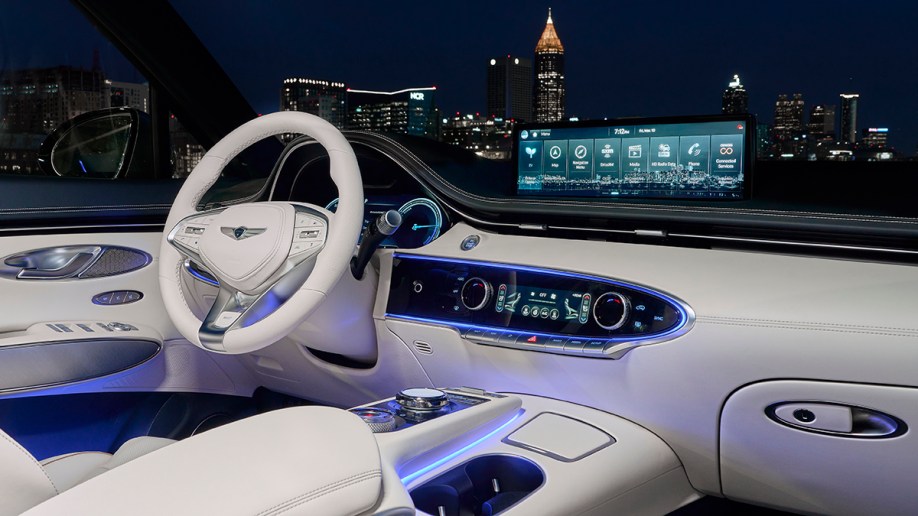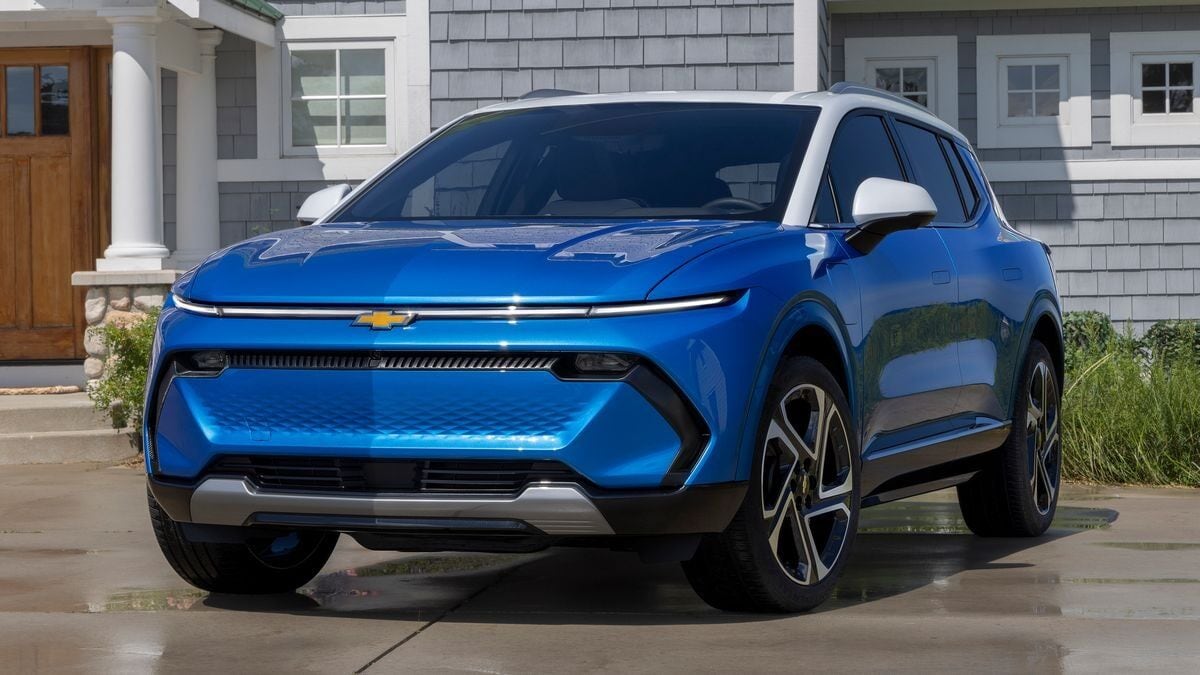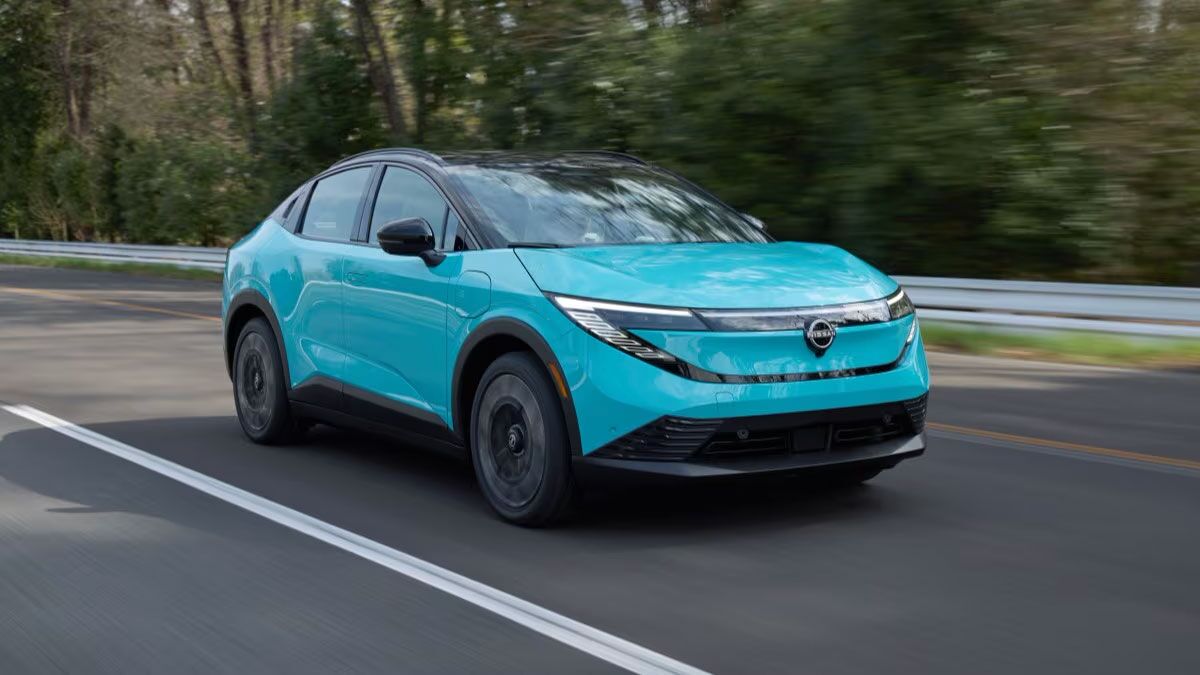
A new study says EV owners have more complaints about the technology in their new vehicles than owners of gas-powered cars.
Korean Brands on Top of Tech
Hyundai and its Genesis luxury brand once again took home top honors in the J.D. Power U.S. Tech Experience Index Study. The study looks at the number of problems new car owners report with using their cars’ cabin tech — infotainment systems, cameras, phone integration — as well as automated safety features like automatic emergency braking.
Genesis took the top overall place in the 2023 edition of the study. Hyundai won among mainstream brands — both results a repeat of last year’s study. But the headline J.D. Power analysts are discussing isn’t about the triumph of the Korean automaker. It’s about the frustrations of EV buyers.
“Seventeen of the 21 advanced features offered on both fuel versions have more quality problems per 100 vehicles (PP100)” for EVs (excluding Tesla) than for gas-powered cars, J.D. Power reports.
EV owners reported more problems with technologies like parking assistance and gesture controls than owners of conventionally powered cars.
New Wave of Tech-Heavy EVs Performed Poorly
Manufacturers like Tesla, Rivian, and Polestar offer tech-centered experiences, but analysts say they “are not providing a problem-free experience. Average problem levels for advanced technologies among new manufacturers, except for Polestar, are well above the premium average of 24.3 PP100 and are among the highest in the industry.”
The news wasn’t all bad for EV builders. Owners were big fans of plug-and-charge technology that lets them plug into a public charger, walk away, and let the car handle agreements and payment details. With just six complaints per 100 vehicles, “plug and charge is well executed across most manufacturers, and vehicle owners say that it is a much-appreciated feature,” study authors say.
The Scores
J.D. Power analysts convert the reports into a 1,000-point scale, with higher scores indicating more satisfied owners. Luxury automakers tend to earn higher scores because their cars come packed with more high-tech features.
Some states require automakers to consent for J.D. Power to collect data. Both Tesla and Polestar declined to participate. J.D. Power publishes unofficial scores based on the data from states that don’t require automaker consent.
Based on that limited data, both would have done well. Tesla would have taken the top spot with a score of 773. Polestar would have come in second at 591.
Mainstream Brands:
| Brand | Score |
| Hyundai | 547 |
| Kia | 528 |
| GMC | 505 |
| Ram | 483 |
| Subaru | 481 |
| Chevrolet | 480 |
| Segment Average | 478 |
| Nissan | 466 |
| Buick | 462 |
| Ford | 462 |
| Toyota | 459 |
| Mini | 454 |
| Jeep | 453 |
| Honda | 452 |
| Volkswagen | 452 |
| Mitsubishi | 440 |
| Chrysler | 436 |
| Dodge | 324 |
| Mazda | 394 |
Luxury Brands:
| Brand | Score |
| Genesis | 656 |
| Segment Average | 588 |
| Cadillac | 533 |
| Lexus | 533 |
| BMW | 528 |
| Mercedes-Benz | 522 |
| Land Rover | 499 |
| Lincoln | 488 |
| Infiniti | 485 |
| Acura | 472 |
| Alfa Romeo | 458 |
| Audi | 456 |
| Porsche | 451 |
| Jaguar | 411 |







